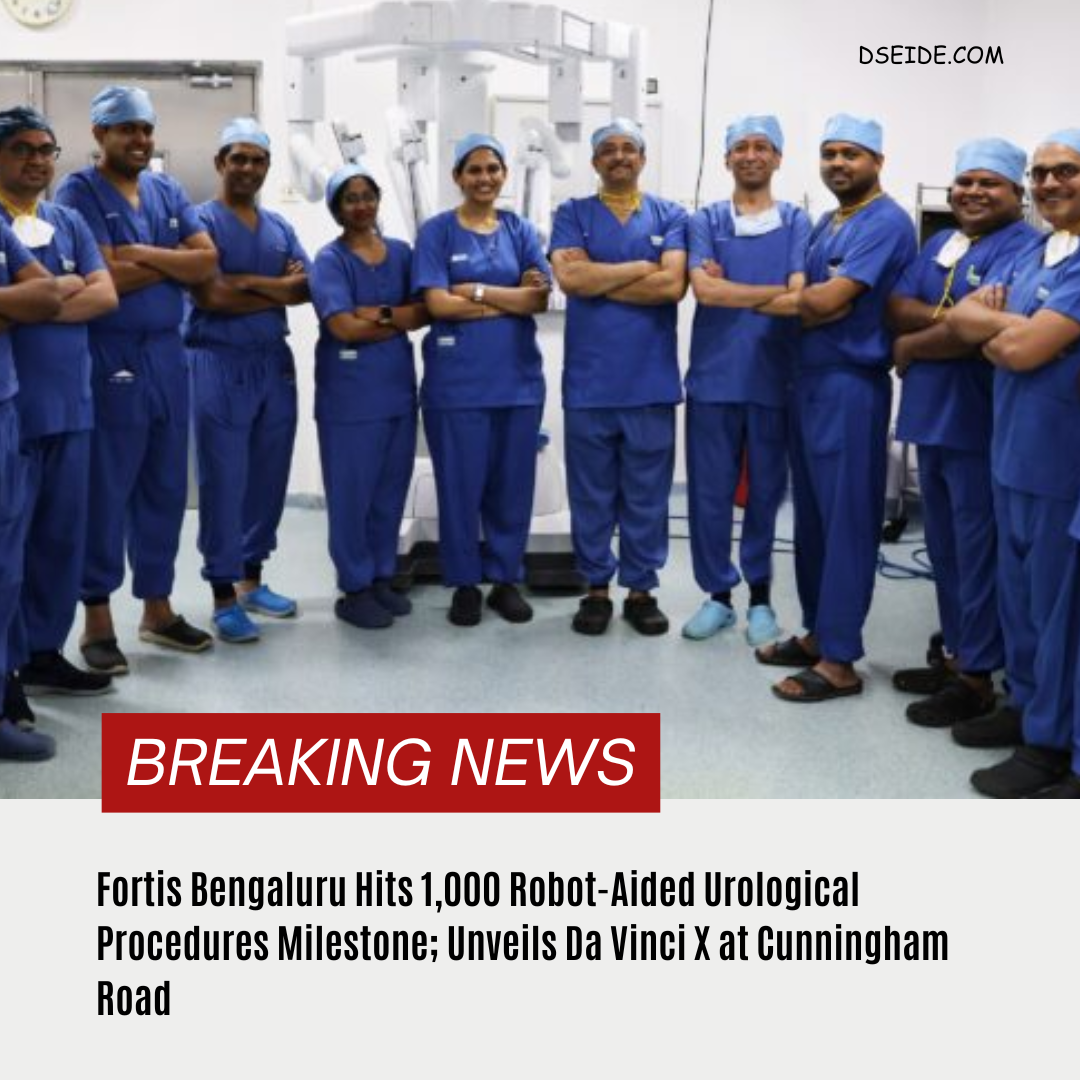Exciting news in the world of pediatric health! Researchers have made significant progress in developing a vaccine against Respiratory Syncytial Virus (RSV), a common virus that causes severe respiratory illness in young children.
Pfizer's vaccine, called ABRYSVO, has shown promising results in clinical trials, particularly among immunocompromised adults and older adults . In fact, the FDA has already approved ABRYSVO for preventing lower respiratory tract disease caused by RSV in individuals 60 years of age or older, as well as for pregnant individuals to help protect infants from birth up to six months of age .
Key Benefits of ABRYSVO:
*Prevents lower respiratory tract disease caused by RSV in individuals 60 years of age or older.
*Helps protect infants from birth up to six months of age when administered to pregnant individuals.
*Shows strong neutralizing responses against both RSV-A and RSV-B subtypes.
Ongoing Research:
Pfizer has initiated a clinical trial evaluating ABRYSVO in children ages two to less than 18 years who are at higher risk for RSV disease . This is a significant step forward in protecting younger populations from the devastating effects of RSV.
These breakthroughs offer new hope for vulnerable populations, and we can expect even more advancements in the fight against RSV in the coming years!
Pfizer's vaccine, called ABRYSVO, has shown promising results in clinical trials, particularly among immunocompromised adults and older adults . In fact, the FDA has already approved ABRYSVO for preventing lower respiratory tract disease caused by RSV in individuals 60 years of age or older, as well as for pregnant individuals to help protect infants from birth up to six months of age .
Key Benefits of ABRYSVO:
*Prevents lower respiratory tract disease caused by RSV in individuals 60 years of age or older.
*Helps protect infants from birth up to six months of age when administered to pregnant individuals.
*Shows strong neutralizing responses against both RSV-A and RSV-B subtypes.
Ongoing Research:
Pfizer has initiated a clinical trial evaluating ABRYSVO in children ages two to less than 18 years who are at higher risk for RSV disease . This is a significant step forward in protecting younger populations from the devastating effects of RSV.
These breakthroughs offer new hope for vulnerable populations, and we can expect even more advancements in the fight against RSV in the coming years!
Exciting news in the world of pediatric health! Researchers have made significant progress in developing a vaccine against Respiratory Syncytial Virus (RSV), a common virus that causes severe respiratory illness in young children.
Pfizer's vaccine, called ABRYSVO, has shown promising results in clinical trials, particularly among immunocompromised adults and older adults . In fact, the FDA has already approved ABRYSVO for preventing lower respiratory tract disease caused by RSV in individuals 60 years of age or older, as well as for pregnant individuals to help protect infants from birth up to six months of age .
Key Benefits of ABRYSVO:
*Prevents lower respiratory tract disease caused by RSV in individuals 60 years of age or older.
*Helps protect infants from birth up to six months of age when administered to pregnant individuals.
*Shows strong neutralizing responses against both RSV-A and RSV-B subtypes.
Ongoing Research:
Pfizer has initiated a clinical trial evaluating ABRYSVO in children ages two to less than 18 years who are at higher risk for RSV disease . This is a significant step forward in protecting younger populations from the devastating effects of RSV.
These breakthroughs offer new hope for vulnerable populations, and we can expect even more advancements in the fight against RSV in the coming years!







